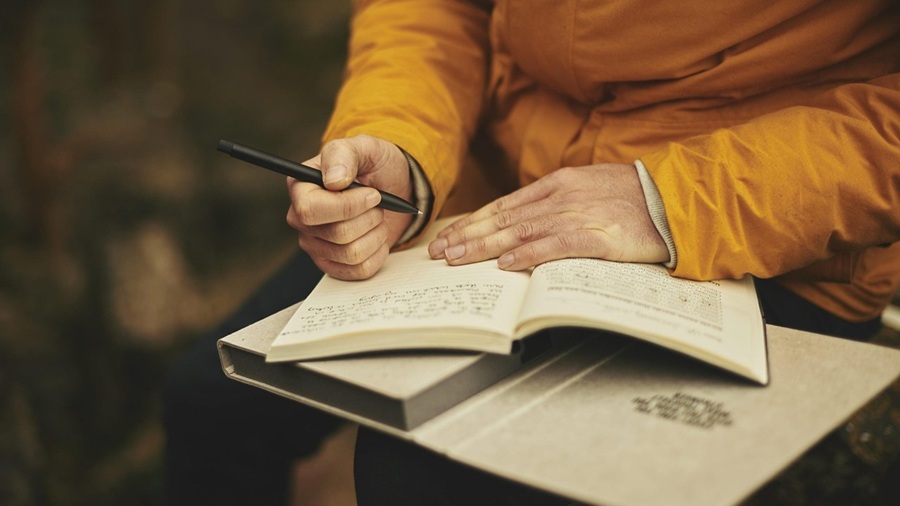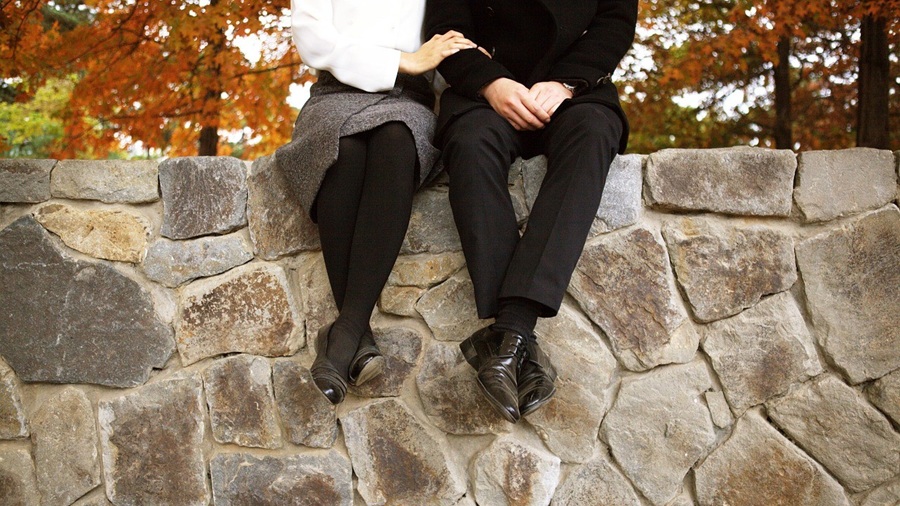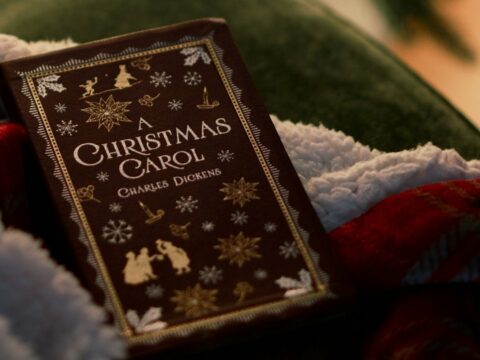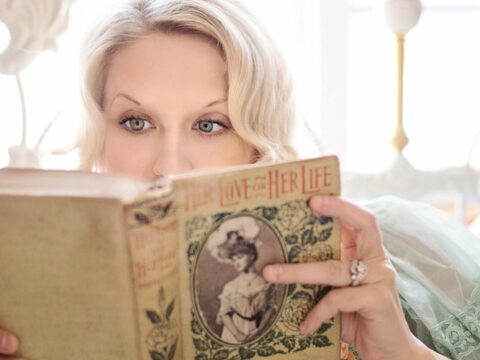I might be starting a fight here . . . but this is something I genuinely want to discuss. Are male writers or female writers better at writing the opposite sex? Surely there are atrocious examples in both camps, just like there are amazing examples in both. But in general . . . what do we think?
In My Opinion, There Are More Bad Examples than Good Ones
As a person who writes fiction and reads quite a bit, I’m fascinated with the trends I see in books. And I admit, something that has bugged me for years is that authors are generally terrible at writing the opposite sex. Men tend to write women like dudes in skirts—or they take the opposite approach and write them like sex objects that could easily be swapped out with a piece of furniture. Trust me, women who read this stuff HATE it. We talk about it a lot since it’s sadly pretty common.
But ladies? Y’all are not off the hook either. Many female authors are not as good at writing men as they think they are, and I’ve definitely heard male readers and movie-watchers complain about it. Women have a tendency of writing men (especially straight men) way, WAY too feminine. Or on the flip side, women write men as one-dimensional, dumb, and useless. So much so that male characters can often be completely removed from a story with zero impact to the plot.
There’s a widespread trend happening in storytelling right now of the dumb dad. I personally think this is the result of women taking over creative spaces and not caring very much how men are represented. For the record, I’m a woman who grew up with all brothers and all boy cousins. So I have a strong sensitivity for badly written boys. If we care about equal opportunity, that means that writing men badly is just as much of a problem as writing women badly. To me, this is only fair.

My Point Is that Writing the Opposite Sex Matters
Writing people different from yourself is an acquired skill for any writer. It’s tough writing characters realistically, especially if they have different backgrounds than you do. Writing a skill that you don’t have, experiences you’ve never lived through, cultures that aren’t yours, or even a different socioeconomic status from your own can get dicey. And doing it badly can really sink a story. But if you think about it, writing the opposite sex badly is failing to grasp 50% of the population. That’s a major problem. And while I’m sure some people will argue that “not all women are the same!” and “not all men are the same!” Point taken. And yet men and women can tell when a writer misses the mark.
Personally, I think it really matters how authors choose the represent the opposite sex in their stories. Men and women make wonderful heroes just like they can both make chilling villains or fiery side characters who everyone loves. As fun as a battle of the sexes can be, I think it’s way more important for men and women to find a mutual respect for each other and inherently feminine and masculine qualities. Not all guys are dumb, and girls don’t think it’s a compliment to be “not like other girls.” Nope.
Writing the opposite sex matters because at the end of the day, we’re all people. I think some of the best ideas I’ve heard about writing the opposite sex well involved setting aside preconceived notions about men and women and just writing a likeable, interesting character who talks and acts like a real person. Then in the second draft you can have real people of the opposite sex read what you’ve got and help you tweak from there. Especially if you’re a girl who never had any guy friends OR a guy with zero sisters who’s also slightly scared of women. No matter the reason, any writer can get better at writing the opposite sex.
But You Might Be Wondering . . . Who Do I Think Does It Better?
For the record, I did automatically say to myself, “Women. OBVIOUSLY women write men better as a general rule.” But then I had to check myself. As a woman, I am naturally biased to think that women write the opposite sex better. I did ask some of my female friends for their thoughts, and every single one of them agreed with me. The main points of evidence: women are generally more observant and detail-oriented than men, which makes us better at noticing the differences between men and women. Also women have naturally higher emotional intelligence than men do. Therefore we can write characters of both genders very well. That’s probably the piece of evidence I would cite for my own opinion.

And of course I thought of all my favorite authors (most of them female) and how they write the opposite gender. Gail Carson Levine writes men quite well in my opinion, as does Suzanne Collins, another favorite of mine. Harper Lee’s To Kill a Mockingbird has some of the best male characters in all of literature and even a very masculine, nuanced heroine in Scout. Then of course there’s J K Rowling, who writes complex male characters and especially teenage boys SO well.
So yes, I admit it: I do think that women write the opposite sex better.
But I Also Asked My Husband for His Opinion
Andy is truly the love of my life, and like any great partner, he challenges me on an intellectual level. When I mentioned that I thought women are better at writing the opposite sex and my reasons why, he immediately played devil’s advocate and asked some really good questions. What if women only think they’re better at writing men because their depictions are how they think men really are? What if women are as bad at grasping masculinity as men are at writing femininity?
These are great questions. Do women only think we’re good at writing men and their thoughts and problems? Are we actually just bad at perceiving what men are like since most men don’t advertise their inner-most thoughts? Are we doing the exact same thing that men do when they write women and totally miss the mark?
Of course I asked Andy if he thought I wrote male characters well, which was a bit of an unfair question. People who are married to writers have to tread carefully and never be too honest about their spouse’s writing skills. But I already know that Andy loves my writing, and he does think that I write male characters extremely well—even if I prefer writing female protagonists. What woman doesn’t?
I’m still thinking about Andy’s perspective though. I do think that people who write are naturally thoughtful and perceptive. Why couldn’t a male writer be just as skilled at writing the opposite sex as a woman?
For the Record, I Can Think of Plenty of Good Examples
Some of my favorite storytellers of all time are men too. Avatar: The Last Airbender, hands down my favorite TV show, had two male creators who wrote some of my favorite female characters ever. Same thing with literally any script written or directed by Hayao Miyazaki, who is a master at capturing the spirit and emotional complexity of young heroines. What about C S Lewis? He writes fabulous women in multiple books that I grew up loving.
And of course there’s the greatest writer in the entire English language: William Shakespeare himself. The Bard was writing complex and engaging female characters centuries before that type of thing was popular. And those characters have lasted the test of time many centuries over.

So I don’t know. Maybe writing the opposite sex has way more to do with writing skill, emotional maturity, and a willingness to edit your work than it does with your gender. Who knows? But I admit that I still think women have an edge on men in this particular arena. Sue me.
I May Be Biased, but I’m Open to Changing my Mind Too
I think it’s wonderful to fully commit to your opinions, share them freely, and always be open to changing your mind. There’s absolutely zero shame in learning, growing, and admitting when you’re wrong. So why not engage in a little lively debate? It keeps our critical thinking skills alive, and that’s something every writer will always need. ❧




